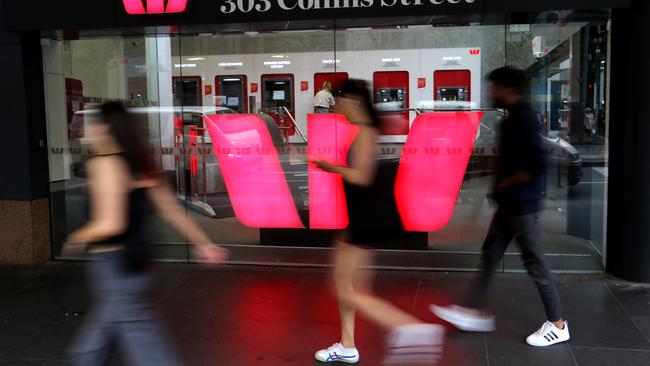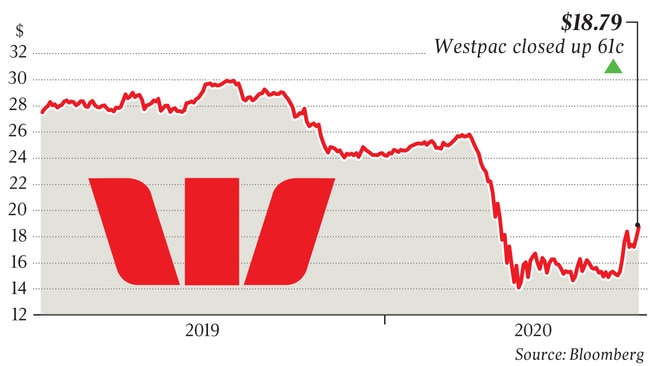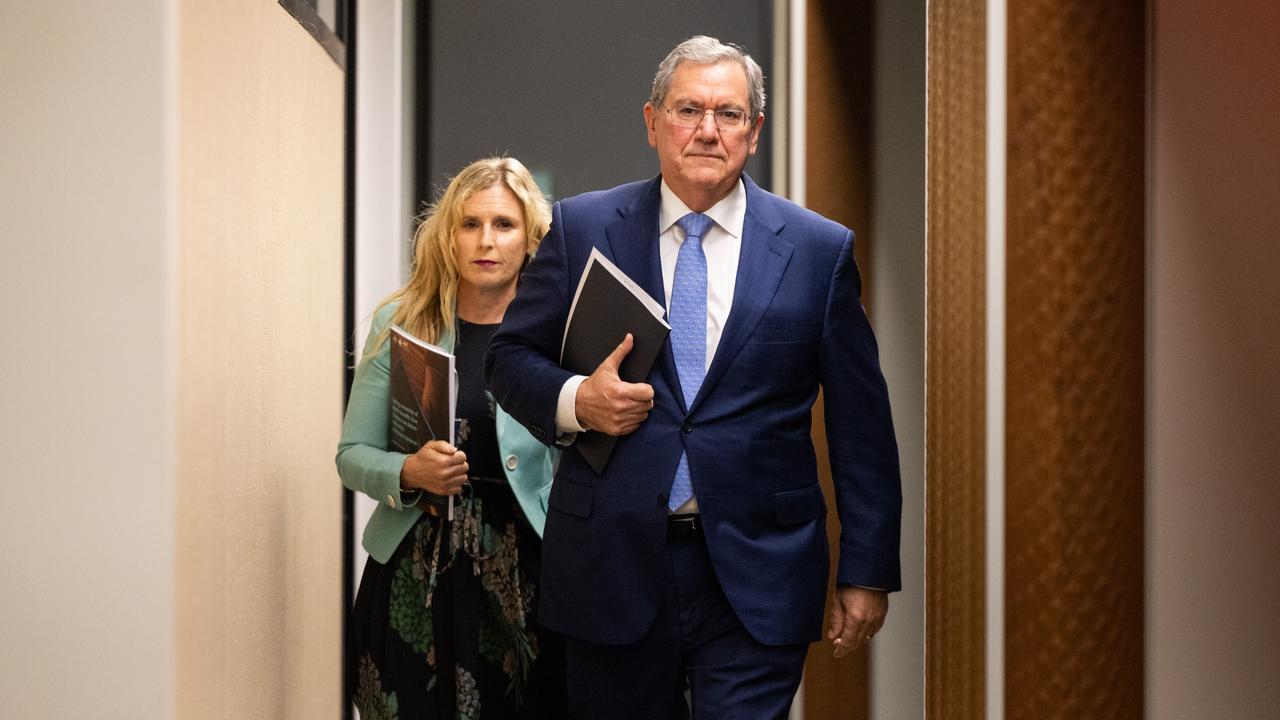Top bankers take aim at Austrac over ‘entrapment’
Some of the nation’s top bankers have issued a call to arms against Austrac, accusing the agency of ‘virtual entrapment’.

Some of the nation’s top bankers have issued a call to arms against Austrac, accusing the agency of “virtual entrapment” and “unwarranted statements” in its enforcement action against Westpac and Commonwealth Bank.
“It’s Austrac with the problem now; not the industry,” a senior banker, who did not wish to be named, told The Weekend Australian.
An industry colleague said Austrac operated “entirely differently” to other regulators, such as ASIC and the Australian Prudential Regulation Authority.
“The idea that Austrac should ensure that information gets to the board of a bank would be a novelty for Austrac,” he said.
“APRA would make sure of it, and if you feel like you have a shared responsibility to get on top of financial crime, you’d want to work together in a more engaged way.”

Austrac declined to comment on Westpac because the case was still before the Federal Court.
However, a spokeswoman said the agency had a comprehensive education program in place and worked closely with regulated businesses to help them meet their compliance obligations and understand the risk criminals posed to their businesses and the financial system.
“Austrac expects regulated businesses to have appropriate systems and programs in place to manage their risk, based on their businesses and the products and services they provide to their customers,” she said.
“In addition, Austrac senior executives and our staff regularly engage with regulated businesses on matters of compliance and financial intelligence.”
Anti-Austrac sentiment is rife in banking, fuelled by the $700m penalty paid by CBA in 2018 for more than 50,000 breaches of anti-money-laundering laws, and the likelihood that Westpac will have to hand over at least $1bn to settle more than 23 million contraventions.
On Thursday, Westpac released two reports on the Austrac debacle: a management accountability review, and a report on board governance by a Ziggy Switkowski-chaired, three-member panel.
The investigation blamed “sins of omission and not of commission”, citing lack of accountability, poor individual judgments, a congested board risk agenda and deficient processes.
While Westpac and CBA have both made serious admissions, the industry’s concerns relate to Austrac’s methods, some of its court claims, and perceived entrapment from a one-way flow of information in a law enforcement system designed to be co-operative.
There is a growing call — yet to be publicly ventilated — for Austrac to join ASIC and APRA in Treasury, exiting its home in the Department of Home Affairs.
New Westpac chairman John McFarlane is widely seen to have struck the first blow on Thursday, when he said any penalty paid by Westpac “needs to be based on the facts as to what has actually gone wrong”. The comments were seen as retaliatory fire for Austrac’s direct attack on the conduct of the bank’s management and board in its statement of claim in November last year.
The document, lodged with the Federal Court on November 20 — when Westpac was in the middle of raising $500m from retail investors in a share purchase plan — said the bank’s contraventions were the result of “systemic failures in its control environment, indifference by senior management and inadequate oversight by the board”.
While Westpac ultimately raised $770m, this was after $68m of withdrawal requests from applicants who applied for shares before Austrac filed its claim.
Insiders agreed on Friday there were failures in Westpac’s management of financial-crime risk, but said there was no basis for Austrac’s allegations of senior management “indifference” and “lack of board oversight”.
Bankers also targeted the one-way flow of information from the industry to the regulator, saying it created a risk of entrapment.
In March last year, Austrac chief executive Nicole Rose and her senior team attended a Westpac board meeting, six months or so after the bank raised its hand for extensive under-reporting of international funds transfer instructions.
While the agency acknowledged there was an investigation into some serious matters, the tone was said to be otherwise friendly.
Similarly, then-chief executive Brian Hartzer followed industry best practice by leaving his mobile number with Ms Rose and urging her to get in contact if serious problems emerged.
Former chairman Lindsay Maxsted said in November that Mr Hartzer had spoken to Ms Rose “from time to time”, particularly after the CBA matter came to light in 2017 when he was keen for Westpac to avoid a similar fate. Yet Mr Hartzer has told others that he was not advised about any serious Westpac matters.
Anti-money-laundering experts have warned companies not to treat Austrac like a financial regulator.
As part of the Department of Home Affairs, it was much closer to a law enforcement operation, with its last two CEOs coming from the Australian Criminal Intelligence Commission.
Law enforcement bodies did not negotiate with their targets and gave no warning of impending action, which explained why Austrac was seen as unpredictable to deal with. The agency also had more information about bank customers than the banks, and information rarely flowed in the other direction. Any information received from Austrac had to be acted on immediately, because it had the toughest penalty regime in the country.



To join the conversation, please log in. Don't have an account? Register
Join the conversation, you are commenting as Logout